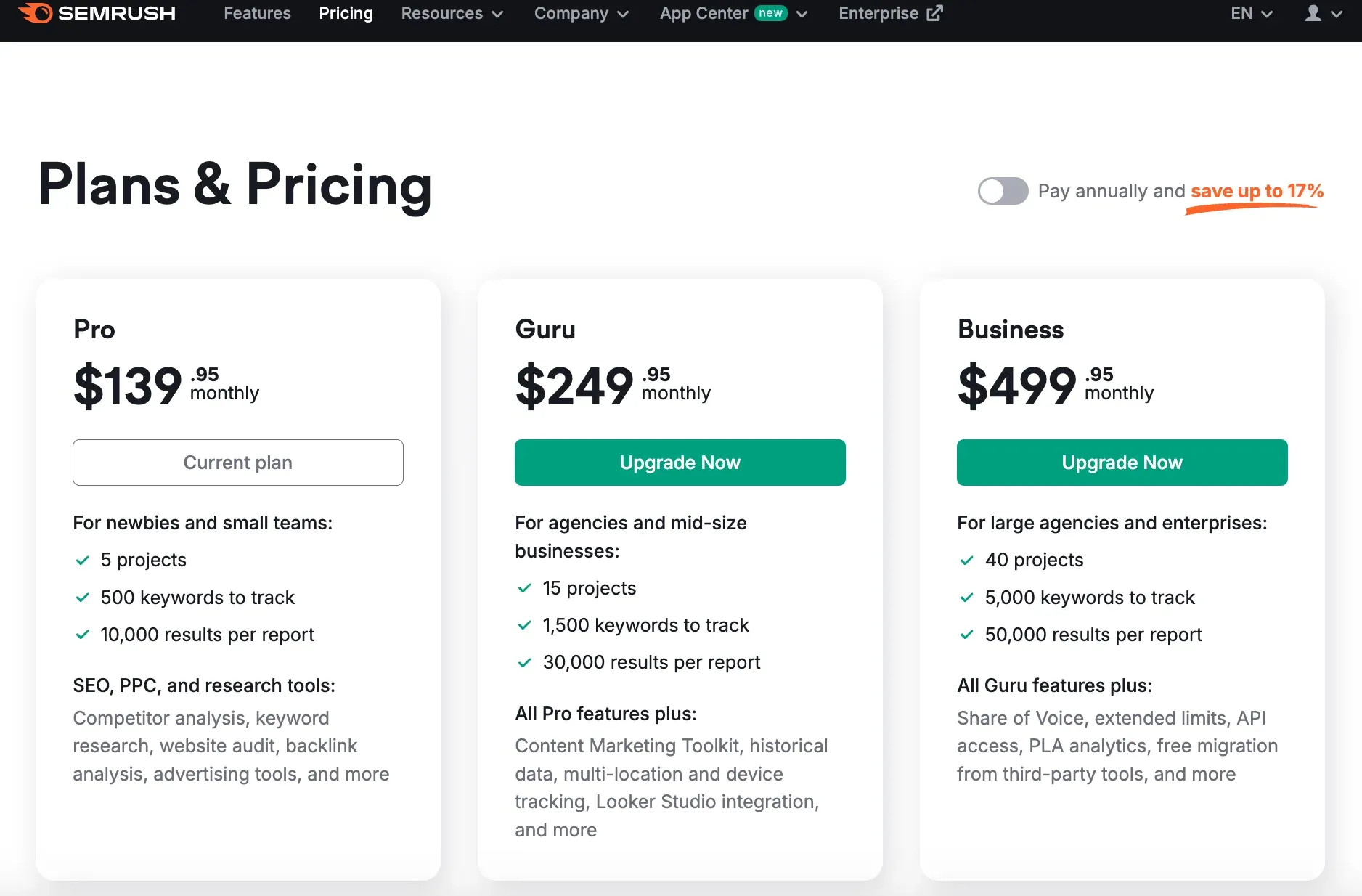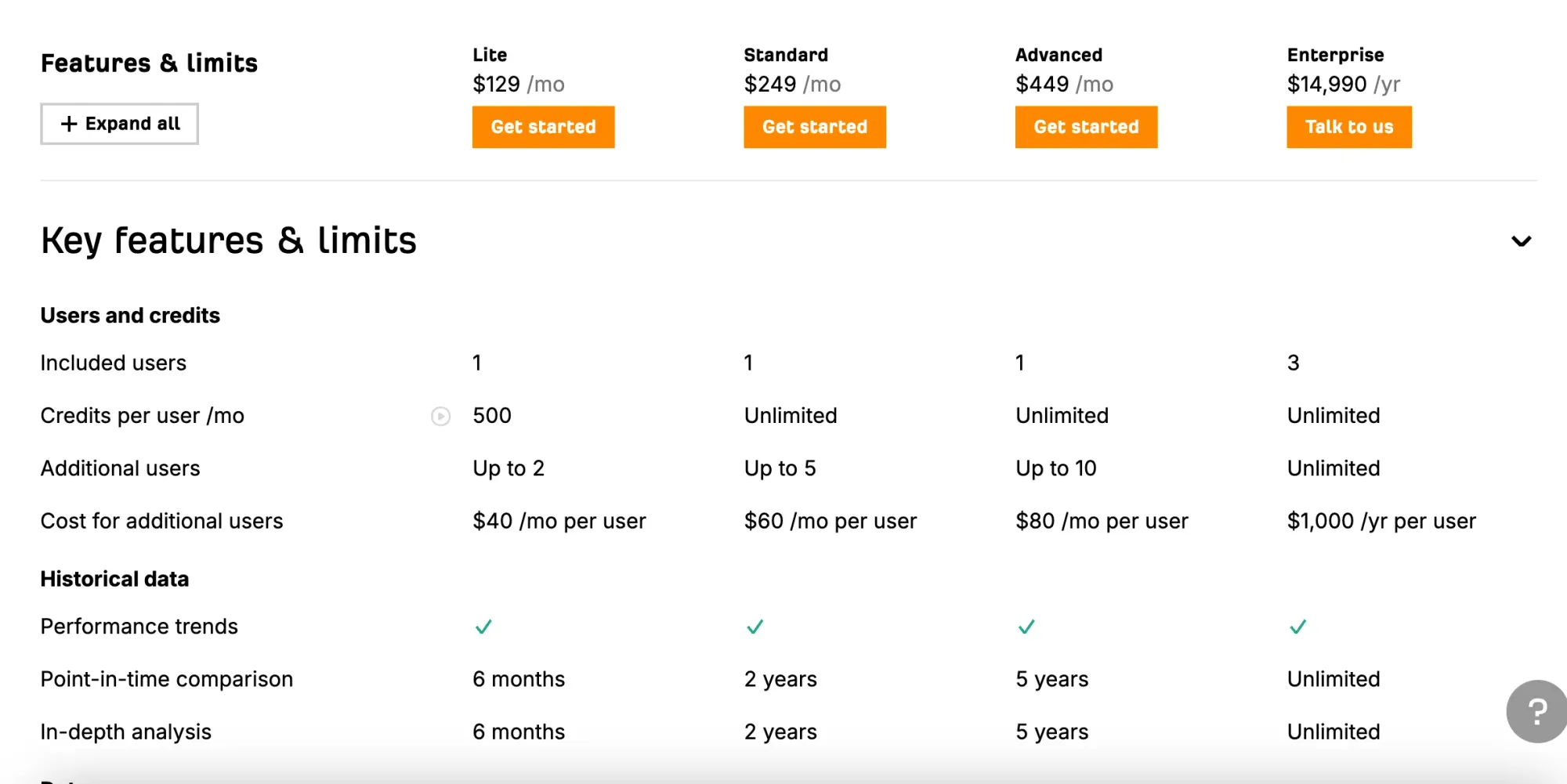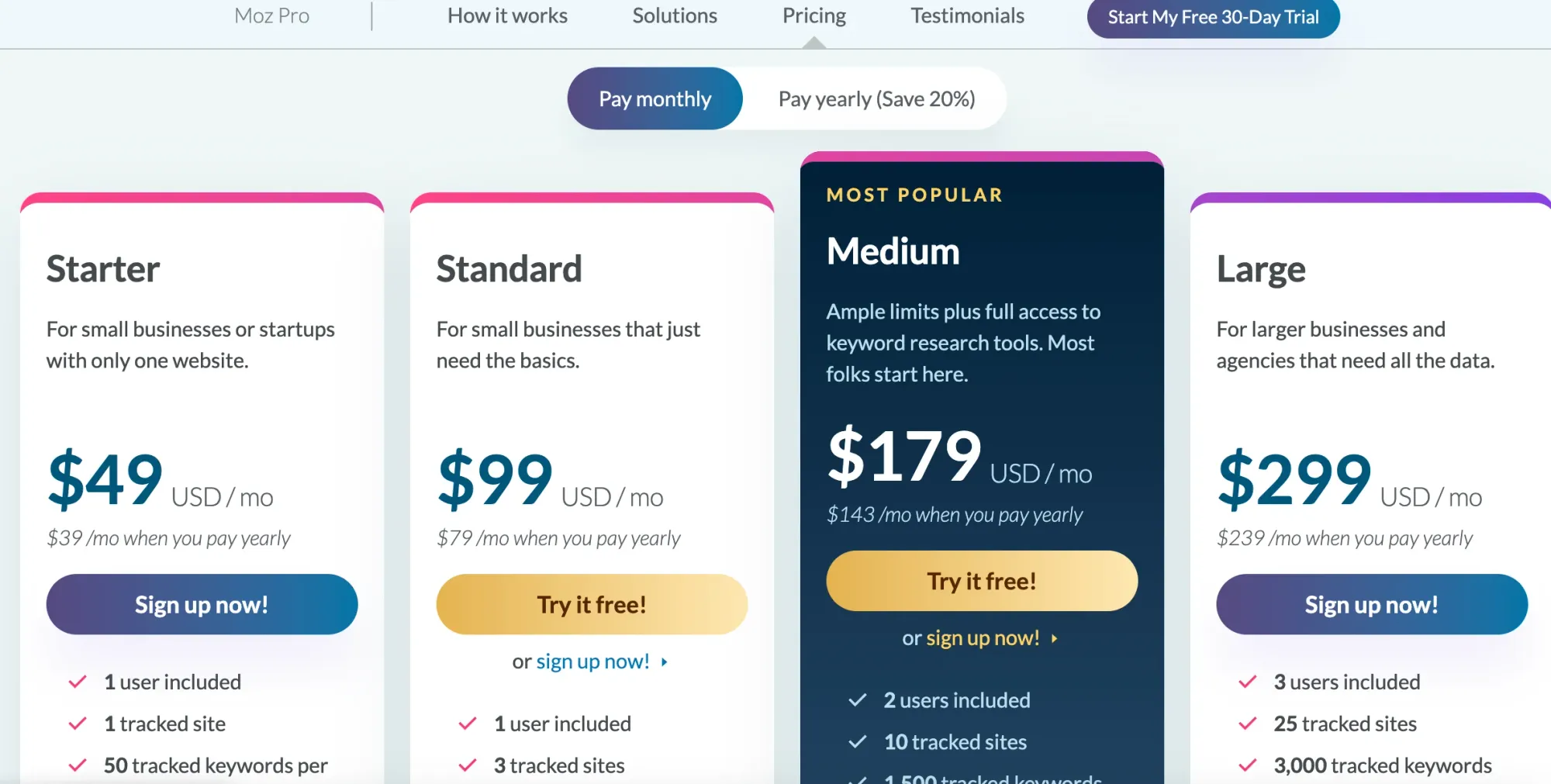Best SEO Tools and Practices: Optimizing Your Website for Success in 2024-2025
Introduction
In today’s digital landscape, Search Engine Optimization (SEO) is crucial for any website looking to gain visibility and attract organic traffic. As search algorithms evolve and competition intensifies, having access to the best SEO tools and following SEO best practices has become more important than ever. This comprehensive guide will explore the top SEO software, marketing tools, and optimization techniques to help you improve your website’s search engine rankings.
We’ll provide you with the most up-to-date information on SEO trends, tools comparisons, and effective strategies for both new and established websites. Whether you’re a seasoned SEO professional or just starting with a new website, this article will equip you with the knowledge and resources to enhance your SEO efforts and achieve better search engine rankings.
Table of Contents
- Understanding SEO: The Basics
- Top 10 Best SEO Tools for 2024
- SEO Best Practices
- Choosing the Right SEO Software
- SEO for New Websites
- Advanced SEO Techniques
- SEO Tools Comparison
- Local SEO Strategies
- Mobile SEO Optimization
- Measuring SEO Success
- FAQ
- Conclusion
Understanding SEO: The Basics
Before diving into the best SEO tools and practices, it’s essential to understand the fundamentals of SEO:
- Keyword Research: Identifying and targeting relevant search terms
- On-Page SEO: Optimizing individual web pages for specific keywords
- Off-Page SEO: Building backlinks and improving domain authority
- Technical SEO: Enhancing website structure and performance
- Content Optimization: Creating high-quality, relevant content
Top 10 Best SEO Tools for 2024-2025
-
Semrush - www.semrush.com
- Comprehensive SEO toolkit for keyword research, competitor analysis, and site auditing

- Comprehensive SEO toolkit for keyword research, competitor analysis, and site auditing
-
Ahrefs - ahrefs.com
- Powerful backlink analysis and content research tool

- Powerful backlink analysis and content research tool
-
Moz Pro - moz.com
- All-in-one SEO software with keyword research and site audit features

- All-in-one SEO software with keyword research and site audit features
-
Google Search Console - search.google.com/search-console
- Free tool for monitoring your website’s presence in Google search results
-
Screaming Frog SEO Spider - www.screamingfrog.co.uk
- Website crawler for analyzing on-page SEO elements
-
Yoast SEO - yoast.com
- Popular WordPress plugin for on-page SEO optimization
-
SEMrush Writing Assistant - www.semrush.com/writing-assistant/
- AI-powered tool for optimizing content for SEO
-
Majestic - majestic.com
- Specializes in backlink analysis and link building
-
SpyFu - www.spyfu.com
- Competitor keyword research and PPC analysis tool
-
Rank Tracker - www.link-assistant.com/rank-tracker/
* Tool for tracking keyword rankings and analyzing search visibility SEO Best Practices
-
Conduct thorough keyword research
- Use tools like Semrush or Ahrefs to identify relevant, high-volume keywords
- Focus on long-tail keywords for niche targeting
-
Optimize on-page elements
- Create unique, descriptive title tags and meta descriptions
- Use header tags (H1, H2, H3) to structure content
- Optimize images with alt text and descriptive file names
-
Create high-quality, original content
- Develop comprehensive, in-depth articles that address user intent
- Incorporate relevant keywords naturally throughout the content
- Regularly update and refresh existing content
-
Improve website speed and performance
- Optimize images and minify CSS, JavaScript, and HTML
- Leverage browser caching and enable compression
- Use a content delivery network (CDN) for faster loading times
-
Build high-quality backlinks
- Create linkable assets such as infographics, studies, or tools
- Reach out to industry influencers and relevant websites for collaborations
- Engage in guest posting on reputable sites within your niche
-
Optimize for mobile devices
- Ensure your website is responsive and mobile-friendly
- Use Google’s Mobile-Friendly Test tool to check your site
-
Implement schema markup
- Use structured data to help search engines understand your content
- Leverage schema.org vocabulary for rich snippets in search results
-
Focus on user experience (UX)
- Improve site navigation and internal linking structure
- Reduce bounce rates by creating engaging, easy-to-read content
- Ensure your website is accessible and intuitive to use
Choosing the Right SEO Software
When selecting the best SEO software for your needs, consider the following factors:
- Comprehensive feature set: Look for tools that offer keyword research, rank tracking, site auditing, and competitor analysis.
- User-friendly interface: Choose software that is intuitive and easy to navigate.
- Data accuracy: Ensure the tool provides up-to-date and reliable data.
- Integration capabilities: Consider how well the software integrates with other tools you use.
- Reporting features: Look for customizable reports that can be easily shared with clients or team members.
- Pricing: Compare pricing plans and ensure they fit within your budget.
SEO for New Websites
When optimizing a new website for search engines, focus on these key areas:
- Keyword research: Identify low-competition keywords relevant to your niche.
- On-page optimization: Ensure all pages are properly optimized for target keywords.
- Technical SEO: Set up proper site structure, XML sitemaps, and robots.txt files.
- Content strategy: Develop a content plan focused on addressing user needs and search intent.
- Local SEO: If applicable, optimize for local search by claiming your Google My Business listing.
Advanced SEO Techniques
For those looking to take their SEO efforts to the next level:
- Topic clusters: Organize content around pillar pages and related subtopics.
- Voice search optimization: Optimize for conversational queries and featured snippets.
- User intent optimization: Align content with different stages of the user journey.
- AI-powered content creation: Leverage tools like GPT-3 for content ideation and optimization.
- Technical SEO automation: Use tools like Screaming Frog for large-scale technical audits.
SEO Tools Comparison
When comparing SEO tools, consider these key features:
Feature
Semrush
Ahrefs
Moz Pro
Keyword Research
✓✓✓
✓✓✓
✓✓
Backlink Analysis
✓✓
✓✓✓
✓✓
Site Audit
✓✓✓
✓✓
✓✓
Rank Tracking
✓✓
✓✓
✓✓✓
Competitor Analysis
✓✓✓
✓✓
✓✓
Content Optimization
✓✓✓
✓✓
✓✓
Local SEO Strategies
- Optimize Google My Business listing
- Generate and manage customer reviews
- Create location-specific content
- Build local citations and backlinks
- Implement local schema markup
Mobile SEO Optimization
- Ensure responsive design
- Optimize page speed for mobile devices
- Implement AMP (Accelerated Mobile Pages)
- Focus on mobile-first indexing
- Optimize for mobile-specific keywords
Measuring SEO Success
Track these key metrics to gauge the effectiveness of your SEO efforts:
- Organic traffic growth
- Keyword rankings
- Conversion rates
- Backlink profile growth
- Page load times
- Bounce rate and time on site
FAQ
What are the best free SEO tools?
Some of the best free SEO tools include Google Search Console, Google Analytics, Yoast SEO (for WordPress), and Bing Webmaster Tools.
How often should I update my SEO strategy?
It’s recommended to review and update your SEO strategy quarterly, but make ongoing adjustments based on performance data and algorithm updates.
What’s the difference between on-page and off-page SEO?
On-page SEO involves optimizing elements on your website, such as content and HTML source code. Off-page SEO focuses on improving your site’s authority through backlinks and other external signals.
How long does it take to see results from SEO efforts?
SEO is a long-term strategy, and results can vary. Generally, you may start seeing improvements in 3-6 months, but significant results often take 6-12 months or more.
What are the most important ranking factors in 2024?
Key ranking factors include high-quality content, mobile-friendliness, page experience (including Core Web Vitals), backlink quality, and user engagement metrics.
Conclusion
Mastering SEO requires a combination of the right tools, up-to-date knowledge of best practices, and a commitment to continuous improvement. By leveraging the best SEO tools and following the strategies outlined in this guide, you can significantly enhance your website’s search engine visibility and drive more organic traffic.
Remember that SEO is an ongoing process, and staying informed about the latest trends and algorithm updates is crucial for long-term success. Regularly audit your website, refine your content strategy, and adapt your approach based on performance data to stay ahead in the competitive world of search engine optimization.